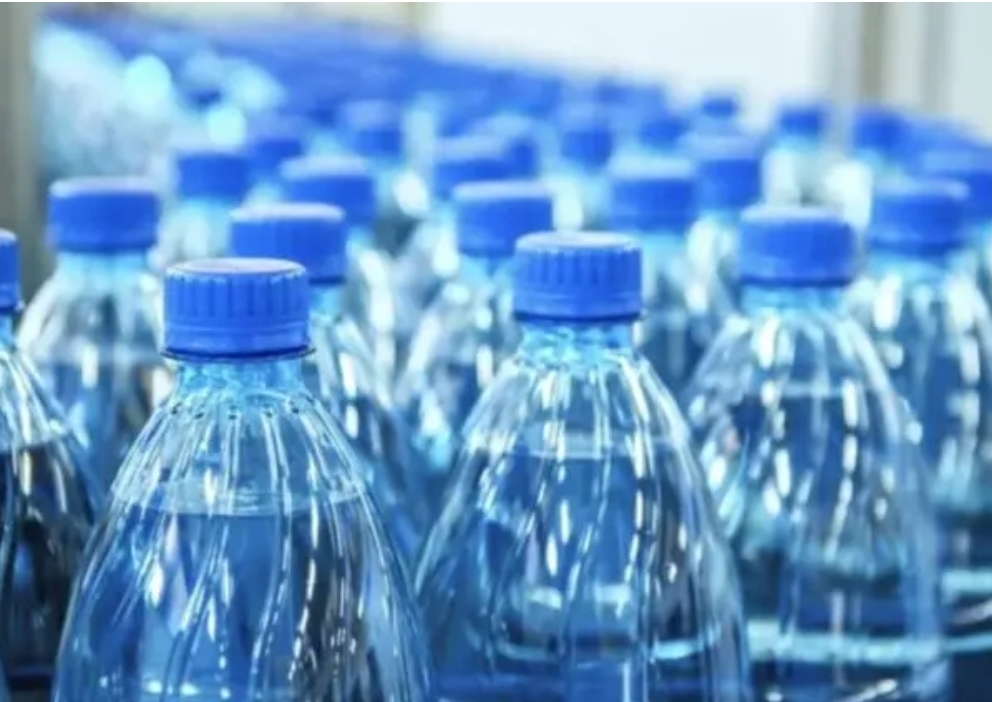Reliance on bottled water threatens health and environment, experts warns

A global dependence on bottled water is posing significant health and environmental risks, with an estimated 1 million bottles bought every minute. While 2 billion people rely on bottled water due to lack of safe drinking water, the majority use it for convenience, according to experts from Weill Cornell Medicine in Qatar.
Marketing claims that bottled water is safer and healthier than tap water are often misleading. In fact, up to two-thirds of bottled water in the U.S. is repackaged tap water, and cancer-causing chemicals have been found in bottled water in the San Francisco Bay Area. “The widespread use of bottled water contributes significantly to pollution; it exposes people to potentially harmful contaminants and also contributes to greenhouse gas emissions,” said lead author Amit Abraham.
Plastic bottles can release harmful chemicals such as bisphenol A (BPA) and phthalates, especially when exposed to heat or sunlight. Microplastics, found in up to 78% of bottled water samples, are linked to health issues like oxidative stress and immune disruption. BPA exposure has been associated with high blood pressure, cardiovascular disease, and obesity.
Environmentally, plastic bottles account for 12% of ocean plastic pollution, with only 9% being recycled. The process of manufacturing these bottles contributes to greenhouse gas emissions and water wastage.
Researchers urge governments to invest in safe tap water infrastructure and implement educational campaigns to reduce bottled water reliance. “The onus should be on governments and regulatory bodies to rethink their policies,” Abraham added. He also advises consumers to regularly replace emergency bottled water to avoid chemical leaching or use non-plastic containers.




